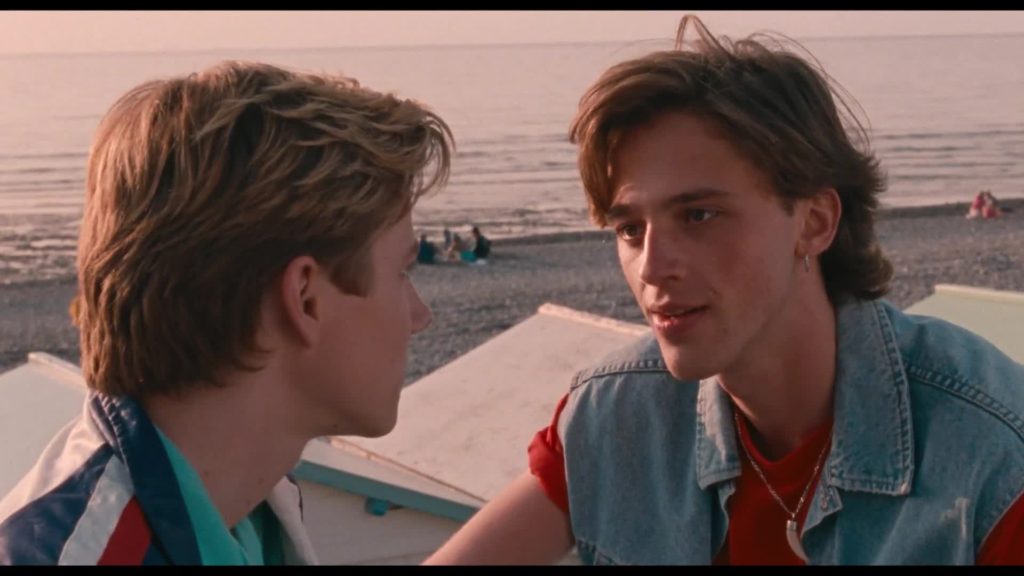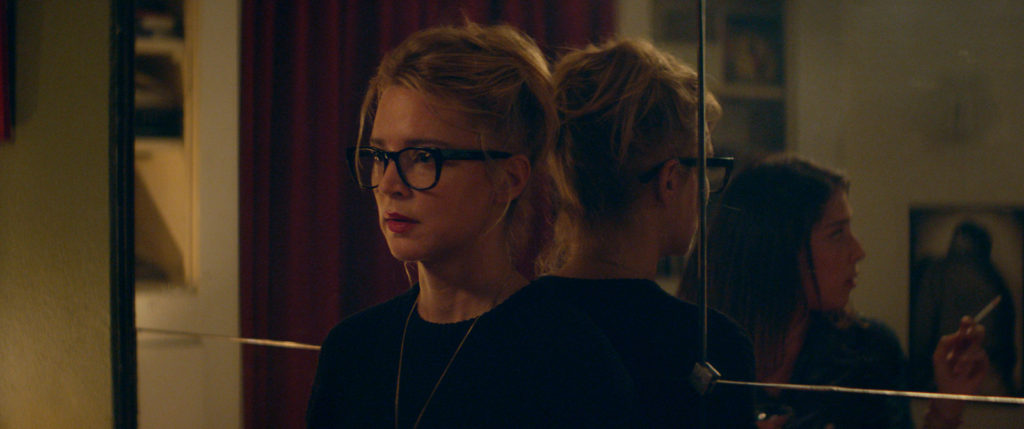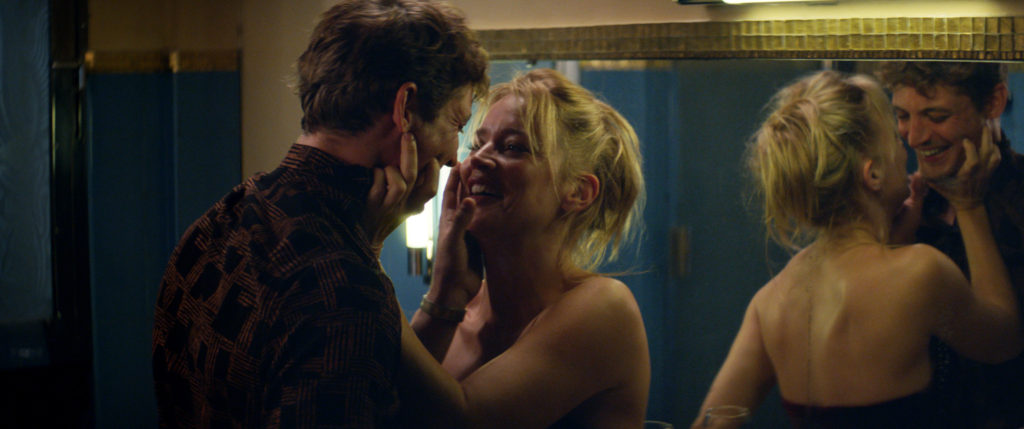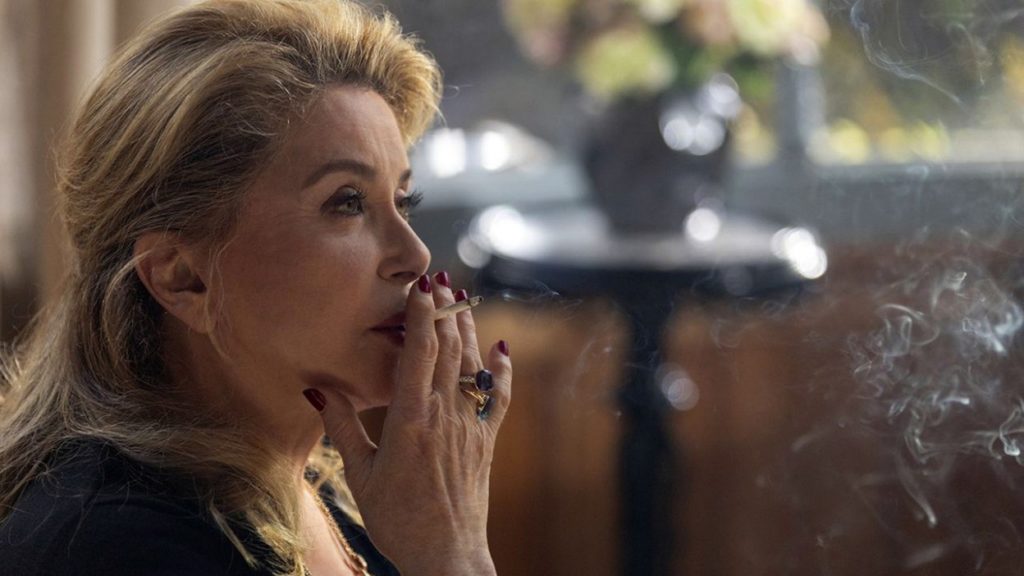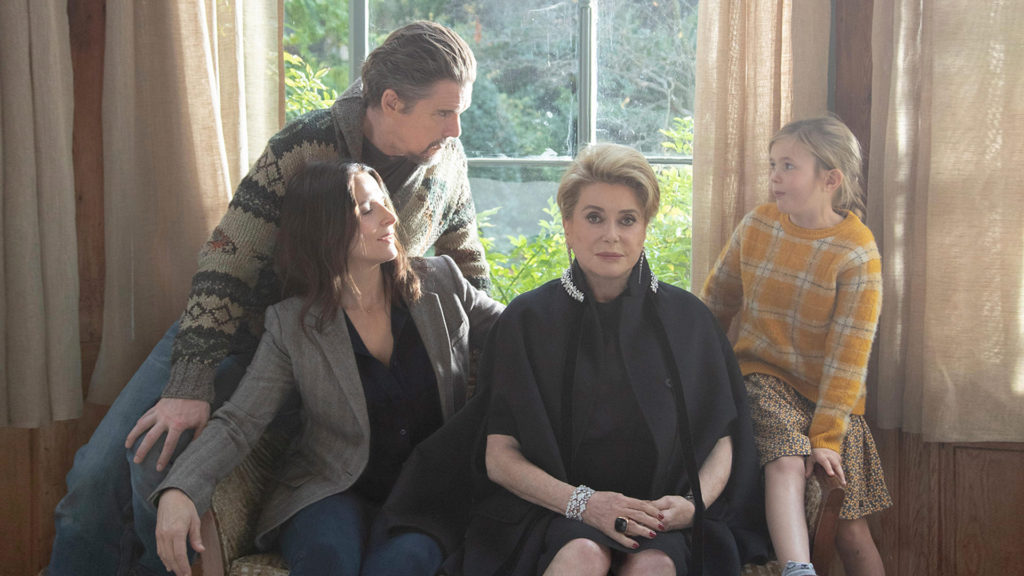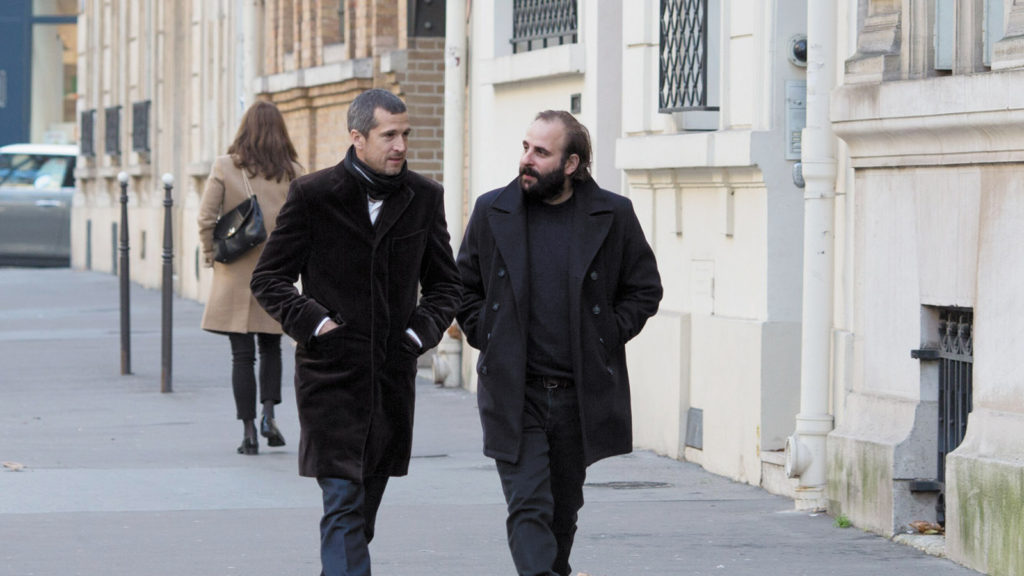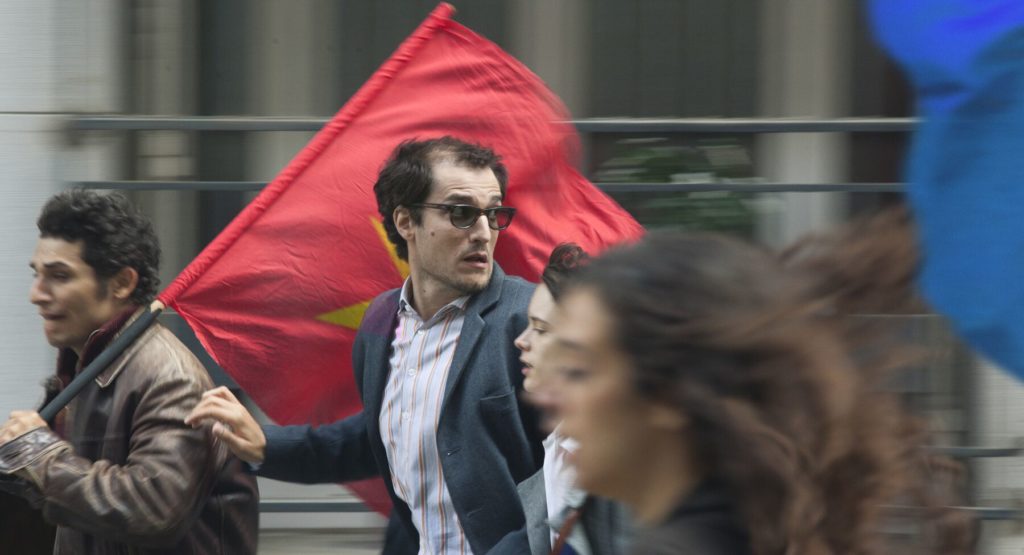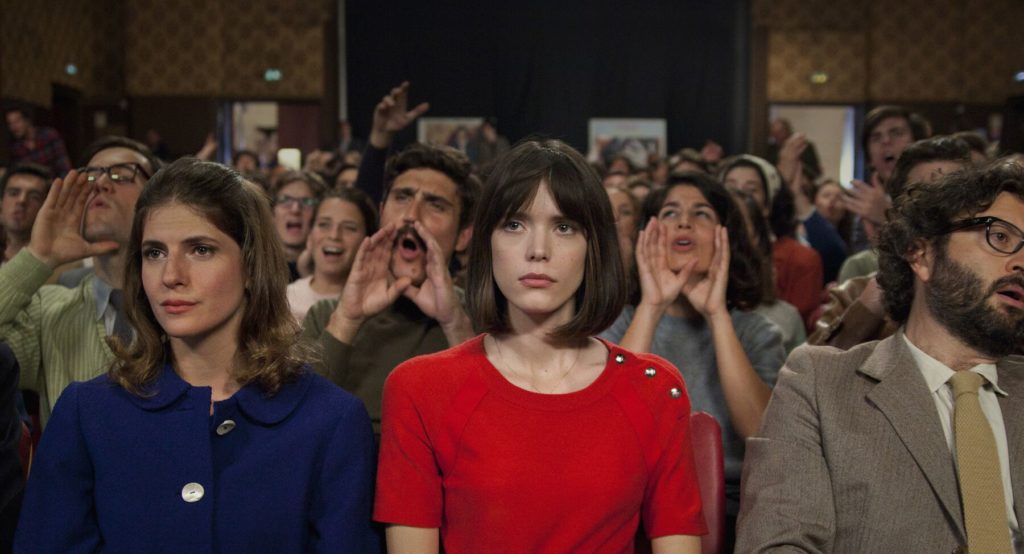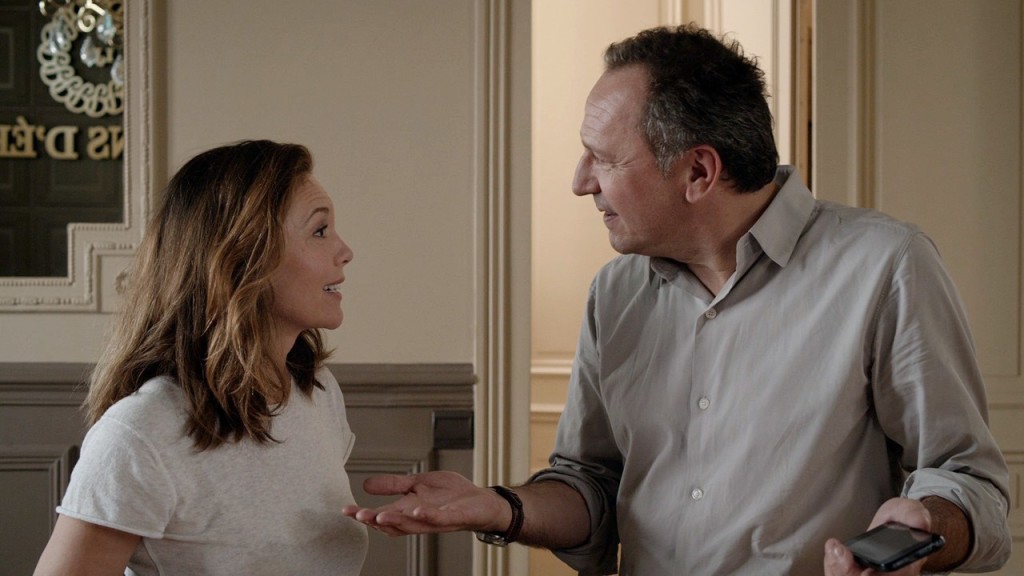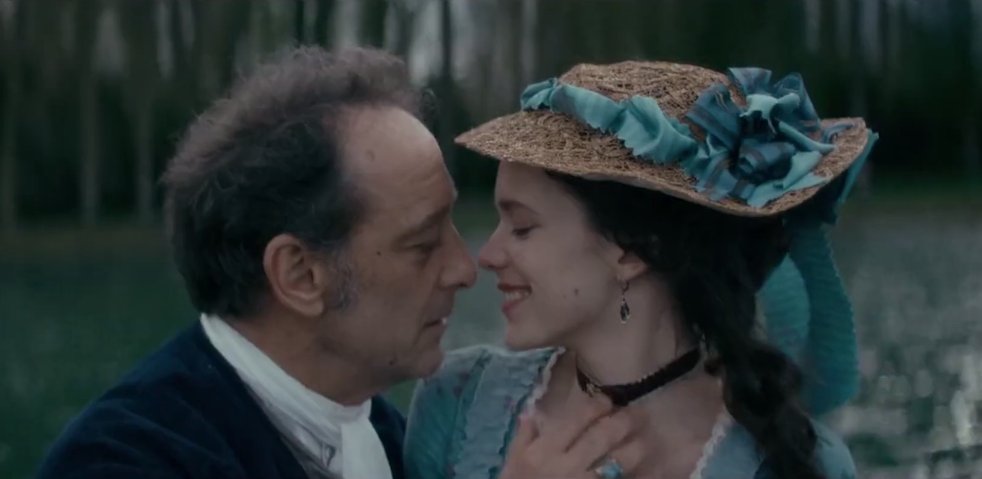
In Casanova, Last Love, a middle-aged Casanova (Vincent Lindon) visits London and meets an entrepreneurial sexpot (Stacy Martin). It’s an age-old story – playing hard to get, a young woman captures the heart and soul of an older man – but we REALLY don’t expect this from Casanova himself. The seducer is seduced and it’s well, pathetic.
“Casanova” is a synonym for “womanizer”. Indeed, sex sells and the historical Casanova’s remarkable fuck-and-tell memoir does detail a record of sexual encounters perhaps unmatched until Wilt Chamberlain.
This was an era where, even more than today, men of privilege could get away with any exploitation of women. Casanova reflected and projected the power of his powerful patrons – and took full advantage.
The historical Casanova was also a hustler, who sponged off a series of aristocratic patrons and pitched lottery schemes to crowned heads of Europe (France was a Yes, England and Russia were Nos). In Casanova, Last Love, he easily rebuffs the opportunity to invest into a magic elixir scheme.
In his four decades cavorting across Europe, spinning schemes and seducing? women, Casanova saw himself as a professional gambler. He suffered the expected cyclical busts of a gambler, a harsh circumstance in the era of debtors prisons. That roller coaster life would have taken a toll on anyone of Casanova’s age at this point. Indeed, Casanova, Last Love’s Casanova is starting to lose something off his fastball.
Vincent Lindon is an actor well-equipped to play conflicted characters (Mademoiselle Chambon, Augustine), and he’s played defeated characters before. Here, as Casanova’s confidence unravels, Lindon’s performance becomes ever more poignant.
Stacy Martin, very good as Jean-Luc Godard’s girlfriend Anne Wiazemsky in Godard, Mon Amour, is a capable web-spinner, but doesn’t project the nuclear-level sexual allure that I imagined necessary to ensnare Casanova.
Director Benoît Jacquot (Diary of a Chambermaid, Farewell, My Queen) specializes in sumptuous period tales. If you want powdered wigs, candlelight and harpsichord music, then Jacquot is your guy. Jacquot and cinematographer Christophe Beaucarne have made a visual delight. Many frames is this film could have been paintings from the period.
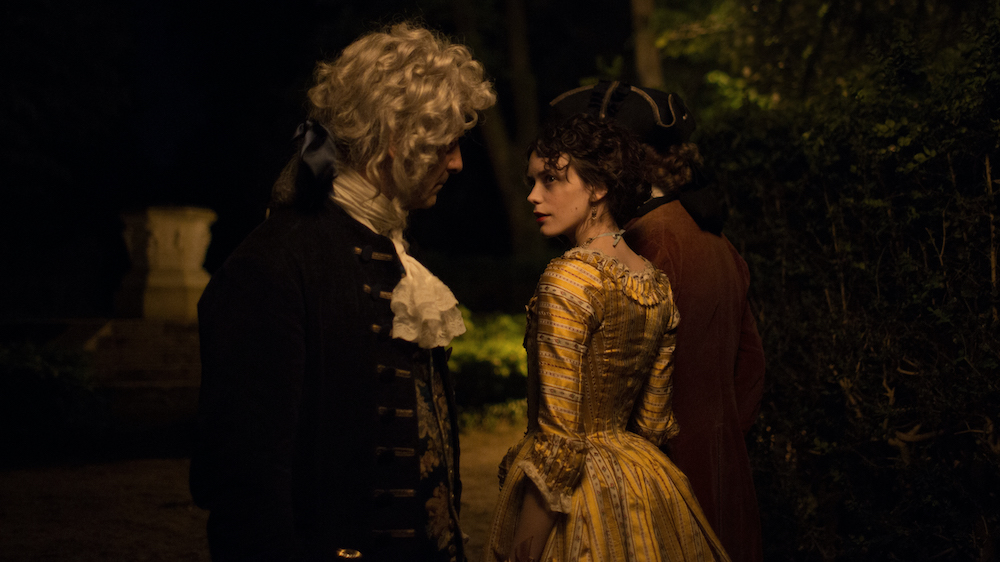
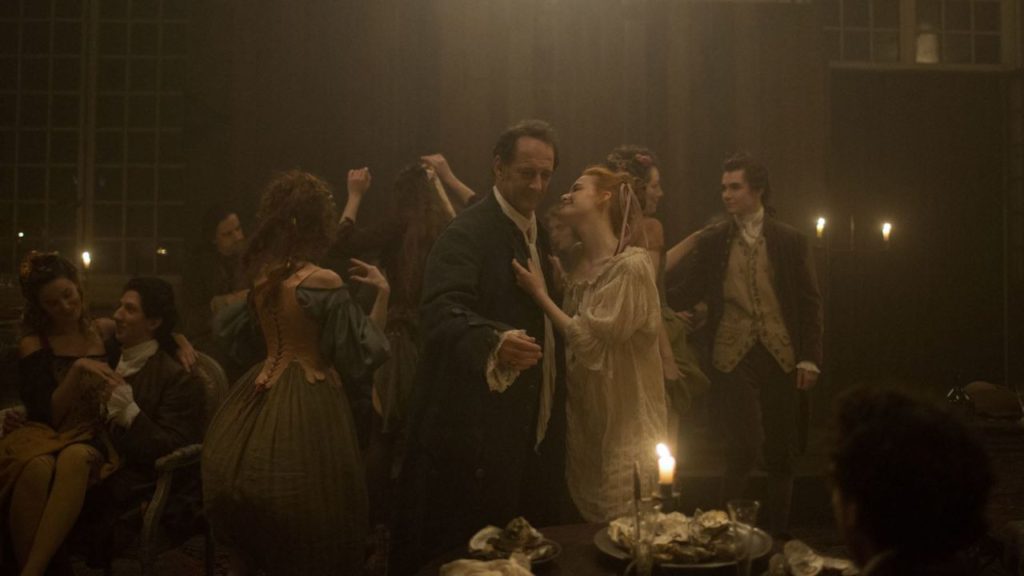

Jacquot has some sport with us when he shows Casanova taking friends on a 20th Century-style castle tour of Hever Castle complete with English speaking docent (He treated his servants very well). And the great yew maze in Castle Hever’s garden wasn’t constructed until 100 years later.
Note: Early in his London visit, Casanova is taken aback by a well-dressed Brit in Hyde Park who defecates in public. Does movie shitting constitute acting or a stunt? In Casanova, Last Love, there are actors credited for performances as Man in Hyde Park ,and there are stunt performers credited as well. But there are no additional crew listed as shit wranglers. Who is the shitter here? Just wondering.
Casanova, Last Love posits that everyone can act like a romantic fool, even a cynic like Casanova. There is palace porn here, like a 17th Century HGTV would offer, plus a little sex. And a wretched womanizer teased into despair.


